The accounting profession has experienced a complete transformation in the way financial statements are generated and communicated to users. The emergence of low cost accounting software packages has replaced ledger cards and column pads, while hand written journal entries and general ledger postings seem now to have been replaced by “save” and “ok” buttons. With changing technology, it sometimes seems that the only basic requirement to accomplish specific accounting functions is familiarity with a computer keyboard. The founding fathers of accounting are probably turning in their graves as the profession takes on a complete new identity.
Despite all of these technological advances, the fact still remains that adherence to proper accounting principles still continues to play a major role in ensuring the success of all businesses whether large or small. Entrepreneurs and other users commonly rely on financial statements to obtain funding, comply with tax laws, and most importantly, make day to day business decisions. The emergence of “user friendly” accounting software packages seems to have diminished the role of accountants today. This coupled with recent scandals such as the Enron accounting debacle has had an overall impact on the integrity of the accounting profession thus forcing business owners to become accountants and bookkeepers overnight. This has led to creative accounting and sometimes an innocent violation of accounting principles.
So the million-dollar question being asked today by most business owners is, “Do I really need an accountant?” Well,the critics of the profession would probably say, “it depends on what you want the numbers to look like.” As business owners are faced with the daily and arduous task of managing a business and adherence with local, state, and federal statutory requirements, the role of accountants still continues to be an important and integral part of any small business’s success. As accounting software manufacturers continue to market their products under the “user friendly” slogan, many end users are now beginning to understand the need to learn accounting basics and also the importance of using an accountant to properly set up their company data file. Accounting still continues to involve the identification, measuring, and communication of business transactions and must not be confused with bookkeeping, which deals primarily with the recording of business transactions. Research does indicate that a majority of business owners who engage the services of an accountant in the early stages of their business are more successful, and their chances of failing to comply with statutory requirements are greatly minimized.
Here are five factors to consider when selecting an accountant.
1. Industry Knowledge: It is extremely important that the prospective accountant possess a good working knowledge of your business and industry so as to ensure proper formatting, selection of appropriate accounting methods, and also handling industry specific compliance issues.
2. Small Business Friendly: Ascertain whether the prospective accountant has a large small business clientele. Generally, the size of the practice is an indicator as to whether priority will be given to your small business relative to large or medium sized clients.
3. Check References: Make sure that you obtain the names of at least three current clients. As part of the interview process, obtain pertinent information such as reliability and timely submission of financial information. It would also be useful to know how involved this individual is with the day to day management of their respective businesses. In simple terms, does this individual just provide basic services or do they extend their services beyond the call of duty.
4. Familiarity with Accounting Software Packages: Generally, accountants tend to steer their clients toward accounting software packages that they are very familiar with. This may or may not be a good thing, especially if the business owner is responsible for the record keeping aspect of the business. There are numerous industry specific accounting software packages in the market today, so before you invest in any application, consult with your accountant, business consultant, and other business owners within the industry to determine the best type of software to use.
5. Credentials: Check the credentials of the prospective accountant. If they are certified through your state accountancy board, make sure that they are currently licensed to practice in your state. And, don’t forget to ask whether they engage in continuing professional education to keep up with changes in taxes and other accounting rules and regulations. Once you have decided on whom you want to hire, it is then important to obtain a letter of engagement that specifies the duties and responsibilities of the accountant. Ensure that you have a written clause that would allow you to terminate services within a reasonable time with all pertinent financial data returned in its proper format. It’s also important that you build a working relationship through scheduling periodic meetings with your new accountant to review financial information. Do not wait until tax time to seek advice. The key here is to plan ahead in order to SUCCEED.
(Source: Robert Andoh, SBDC Gwinnett Office)


